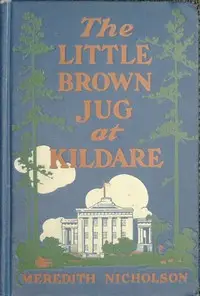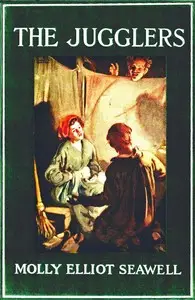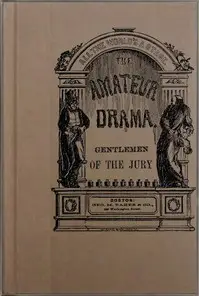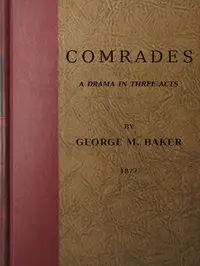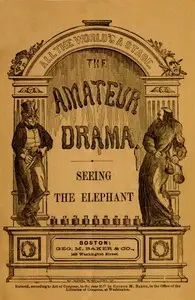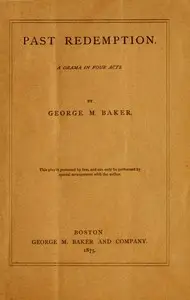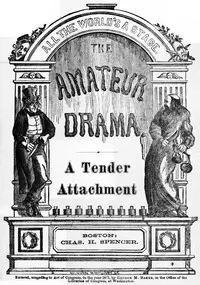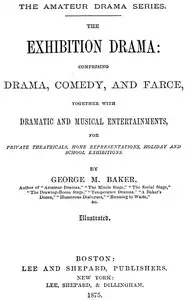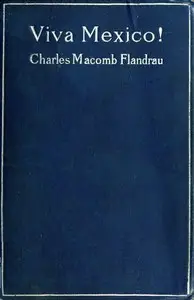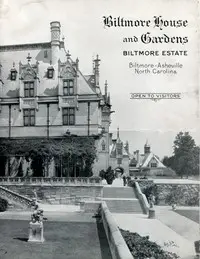"Little Brown Jug" by George M. (George Melville) Baker is a late 19th-century play about the Nutter family, especially the shoemaker John Nutter, and his son Will, who wants to escape to the city. The story looks at temptation, family ties, and the risks of alcohol, symbolized by the "little brown jug," as the family faces problems caused by outsiders like the rich Henry Douglas. The play starts in the Nutter family's shop, where John talks about the importance of hard work against Will's city dreams. Things get tense when people like Jarius Jordan, who boosts Will's city hopes, and Ned Hartshorn, who is the opposite of Will, show up. The play shows family drama and moral issues, with Will fighting his dad's rules and the temptations of society, setting up the conflicts that will drive the story. Will's ambition and drinking hint at the troubles he will meet later on.
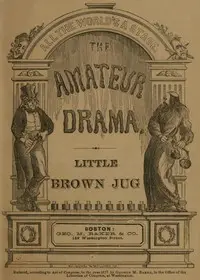
Little Brown Jug
By George M. (George Melville) Baker
In a shoemaker's family, a son's dreams of city life and the temptations of a small jug threaten to tear apart everything they hold dear.
Summary
About the AuthorGeorge Melville Baker (1832–1890) was a playwright and publisher in Boston, Massachusetts, in the 19th century. He worked for Lee & Shepard publishers, then opened his own imprint. "George M. Baker & Co." issued works by authors such as Henry M. Baker, F.E. Chase, and Herbert Pelham Curtis. Baker's company ceased in 1885, succeeded by his brother's "Walter H. Baker & Co." George Baker also performed with comedian Henry C. Barnabee, appearing in "lyceum entertainments" in New England. He belonged to the Mercantile Library Association. He married Emily Bowles in 1858; children included novelist Emilie Loring, playwright Rachel Baker Gale, and screenwriter Robert Melville Baker.
George Melville Baker (1832–1890) was a playwright and publisher in Boston, Massachusetts, in the 19th century. He worked for Lee & Shepard publishers, then opened his own imprint. "George M. Baker & Co." issued works by authors such as Henry M. Baker, F.E. Chase, and Herbert Pelham Curtis. Baker's company ceased in 1885, succeeded by his brother's "Walter H. Baker & Co." George Baker also performed with comedian Henry C. Barnabee, appearing in "lyceum entertainments" in New England. He belonged to the Mercantile Library Association. He married Emily Bowles in 1858; children included novelist Emilie Loring, playwright Rachel Baker Gale, and screenwriter Robert Melville Baker.

